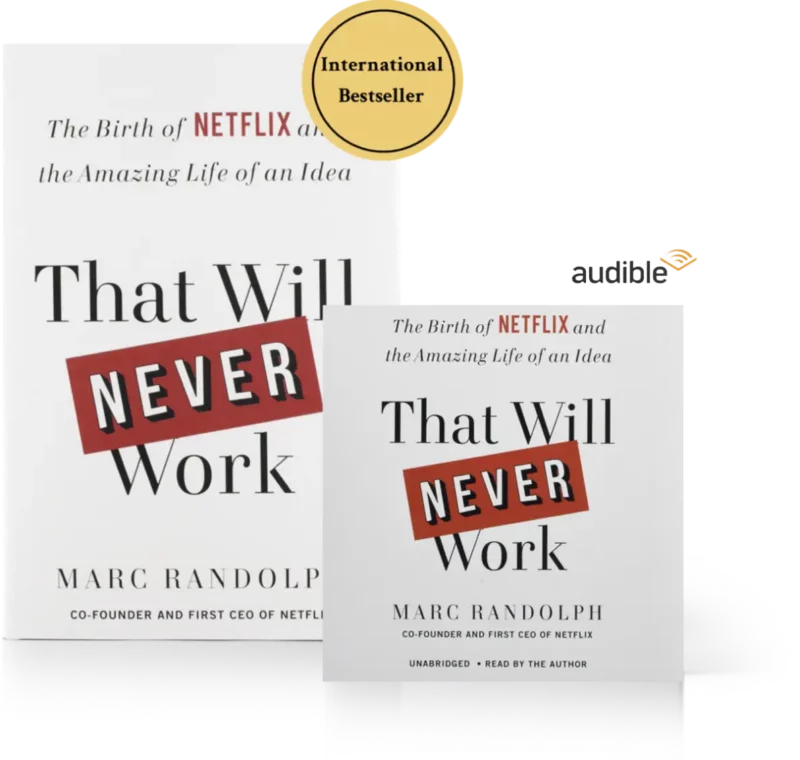Who Wrote This Post for Me? I Did!
It may not be perfect . . . but it’s all mine.

Five months ago, I gave myself a pat on the back for having completed a 160-day streak on Duolingo: more than five months without missing a day. So I publicly committed to achieving a similar regularity with my writing.
It’s now five months later, I’m well past 300 days on Duolingo, I’m learning the imperfect subjunctive, and you’re reading my 20th consecutive blog post in as many weeks.
And you know the most important thing I’ve learned?
There’s no better way to understand what you think than to explain it to someone else.
Although I have been starting and growing companies for more than 40 years, I never really understood the common denominators to startup success until I started trying to teach them to others. It turns out that, at least for me, it’s the process of writing that counts . . . not the quality of the finished project.
It’s funny that the exact same thing I advocate doing for validating business ideas works equally well for written ones, i.e. You’ve got to stop just thinking, and start doing. All those thoughts which seemed so profound when I first came up with them turned out to be a lot less so when I put them to paper.
And it turns out there’s quite a difference between a thought and an essay. Sometimes, when I sit down to write, it comes pouring out and I’ll complete a solid 800 words in a single sitting.
But other times I’ll start with a strong first paragraph, only to find myself struggling to add anything beyond that. For example, consider these bits and pieces that I thought, at the time, deserved to be longer posts:
About Culture: “Any culture which is not organic, rarely works at scale. The only thing we can sustain long term are cultures that are true to how we behave. It’s like lying: it’s easy to stick to a story when you are telling the truth, but it takes great effort to stick to something that is untrue.”
About Being Interviewed: “You don’t have to answer the question. It’s perfectly appropriate to simply acknowledge how good of a question it is, but then go on to tell them something completely different. The skill is figuring out how to establish a plausible linkage between the two. The actress Cheryl Hines once said that answering questions from a stranger is like doing improv; “it’s just another form of: ‘Yes, and’.” And it’s so true. You never know what they are going to ask, you just go with it and commit 100 percent.”
About Fundraising: “Fundraising doesn’t make your business better. It just buys the time to make your business better.”
See what I mean? Thank goodness there are forums for brain farts. I’m looking at you Twitter and LinkedIn.
Finally, as many of you have kindly pointed out, I desperately need a copy editor. It’s something that I’ve needed for a long time. But I have specifically decided not to go that route, not because I don’t think I need it, but because I’m trying very hard for my writing not to become “precious.” In the past, when I did strive to make my writing the best it could be, I would spend so much time polishing that writing stopped being fun and just became cumbersome. And I would eventually stop altogether. Now, I just get my thoughts down quickly and hit publish.
There’s an old rule of thumb that applies to any project you take on, which states that the first 90% of the project will take 75% of the time, and the last 10% will take the remaining 75%.
My answer? I just don’t do that last 10%.
So no matter what you’re working on, don’t overthink it. Bang it out, hit publish, and move on to the next. You’ll be amazed at how much more you can accomplish.
Don’t miss another word. Sign up here to get these posts in your inbox
RECOMMENDED FOR YOU
Podcast Episode 72
Is it a Culture Problem or a Hiring Problem?
October 25, 2022 • 38 min
